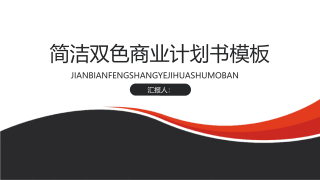地方政府土地财政研究——以浙江为例
浙江财经学院硕士学位论文I摘要1994年的分税制改革,打破了我国中央与地方传统的收入分配格局,自此财权不断向中央政府聚集,与此同时,分税制改革并没有重新划分中央政府与地方政府的事权,从而造成了现有的“财权上收、事权下方”的局面。地方政府受迫于财政支出的压力,不断寻找着新的预算外财源。1998年的住房商品化改革给地方政府带来了一个新的契机,并由此开启了一轮地方政府围绕土地为中心的城市化建设。而在这一过程中,土地出让金、各项和土地有关的税费收入则成了地方政府财政收入的主要组成部分。然而这部分土地财政收入却在短短的时间内不断膨胀,地方政府对土地财政的依赖也越来越强,甚至超过了一般的预算内收入,由此引...
相关推荐
-
USST_Arts_112480743自动生产线的同步维修模型及案例分析VIP免费
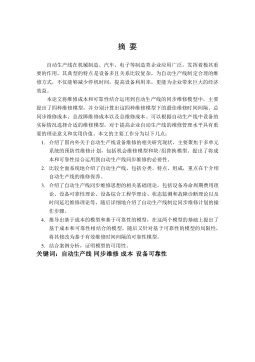
 2025-01-09 15
2025-01-09 15 -
USST_Arts_112480745基于供需网特征理念的企业间关系状态研究VIP免费
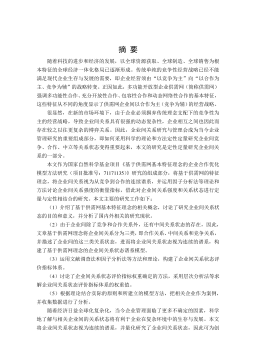
 2025-01-09 16
2025-01-09 16 -
USST_Arts_112480756 我国城镇化与能源消费结构间关系的研VIP免费
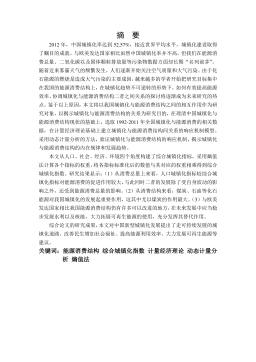
 2025-01-09 21
2025-01-09 21 -
USST_Arts_112490763 企业创新型团队社会网络、知识管理过程及团队创造力关系研究VIP免费
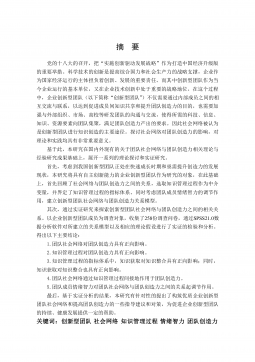
 2025-01-09 14
2025-01-09 14 -
USST_Arts_112490769创新团队执行力影响因素分析VIP免费

 2025-01-09 18
2025-01-09 18 -
USST_Arts_112070649基于团队自反性的科技型企业TMT特征对企业绩效的影响研究VIP免费
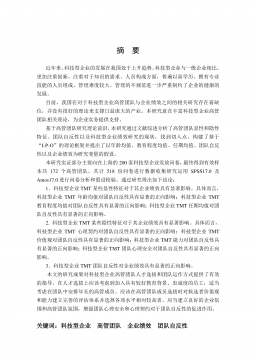
 2025-01-09 21
2025-01-09 21 -
TR公司工业机器人市场发展战略研究VIP免费
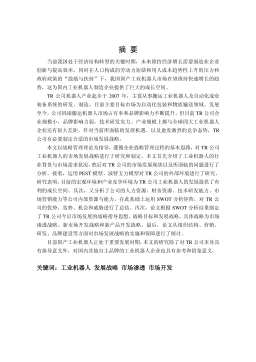
 2025-01-09 26
2025-01-09 26 -
二氧化碳套管式气冷器的研究VIP免费
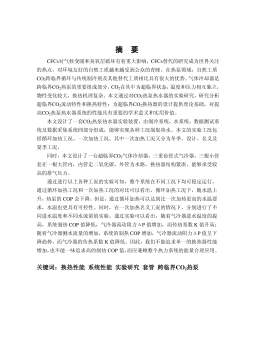
 2025-01-09 17
2025-01-09 17 -
非共沸混合物在微通道水平单管内流动沸腾特性VIP免费
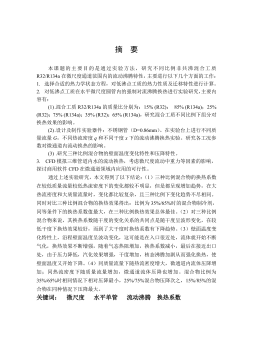
 2025-01-09 96
2025-01-09 96 -
基于MRO的连铸辊维护管理系统研究VIP免费
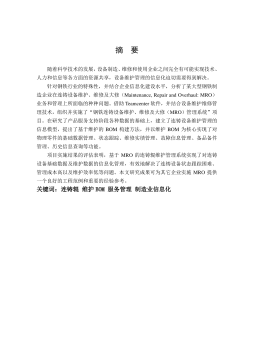
 2025-01-09 11
2025-01-09 11
相关内容
-

USST_Arts_112070649基于团队自反性的科技型企业TMT特征对企业绩效的影响研究
分类:高等教育资料
时间:2025-01-09
标签:无
格式:PDF
价格:15 积分
-

TR公司工业机器人市场发展战略研究
分类:高等教育资料
时间:2025-01-09
标签:无
格式:PDF
价格:15 积分
-

二氧化碳套管式气冷器的研究
分类:高等教育资料
时间:2025-01-09
标签:无
格式:PDF
价格:15 积分
-

非共沸混合物在微通道水平单管内流动沸腾特性
分类:高等教育资料
时间:2025-01-09
标签:无
格式:PDF
价格:15 积分
-

基于MRO的连铸辊维护管理系统研究
分类:高等教育资料
时间:2025-01-09
标签:无
格式:PDF
价格:15 积分


